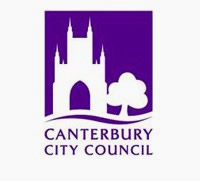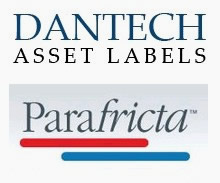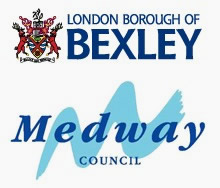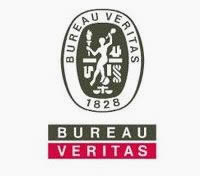Google Wave
02/06/2009
Google have a history of redefining the usage of the internet. This time is no different, as they ask "What would email be like if it was invented today?". Their answer...Google Wave.
Google Wave is an open source project which Google hope will 'revolutionise' the way all people use the internet. Email is the greatest form of communication currently, but Wave looks to combine the best features of that with Instant Messaging (IM), Social Networking, Blogging, Collaborative Editing, and a host of other features, all expandable using their excellent API.
The most important feature of email, which has made it such a success, is the ability to use any client and communicate seamlessly with other people who don't necessarily have the same software. An example is one user with a @hotmail.com account sending from Microsfot Outlook. This email would be useless if the receiver could not open it in their @gmail.com account using the web interface, and instead had to have a Hotmail account and Microsoft Outlook.
This seamless transition between software, and also hardware (email can be picked up on most modern mobile phones) has been emulated in Google Wave and interfaces directly with any current software in place. It is also hardware independent and can run in any modern browser on any device.
It is for all these reasons that Google Wave has become the next step in Internet Communication. With the average internet connection being so much faster now, Google Wave's ability to transmit information in near real-time will greatly improve communication, even over IM clients that constantly display "xyz is typing a message" and make it more like a real conversation where you can begin formulating an answer before the other person has finished speaking.
I highly recommend the Google Wave video for anyone who is interested to know more about this. It is long but it has a great deal more detail than is discussed here and also discusses the ability to develop for it yourself using it's powerful API.
The video can be seen at http://wave.google.com where Wave will eventually go live, most likely in Autumn 2009.

























